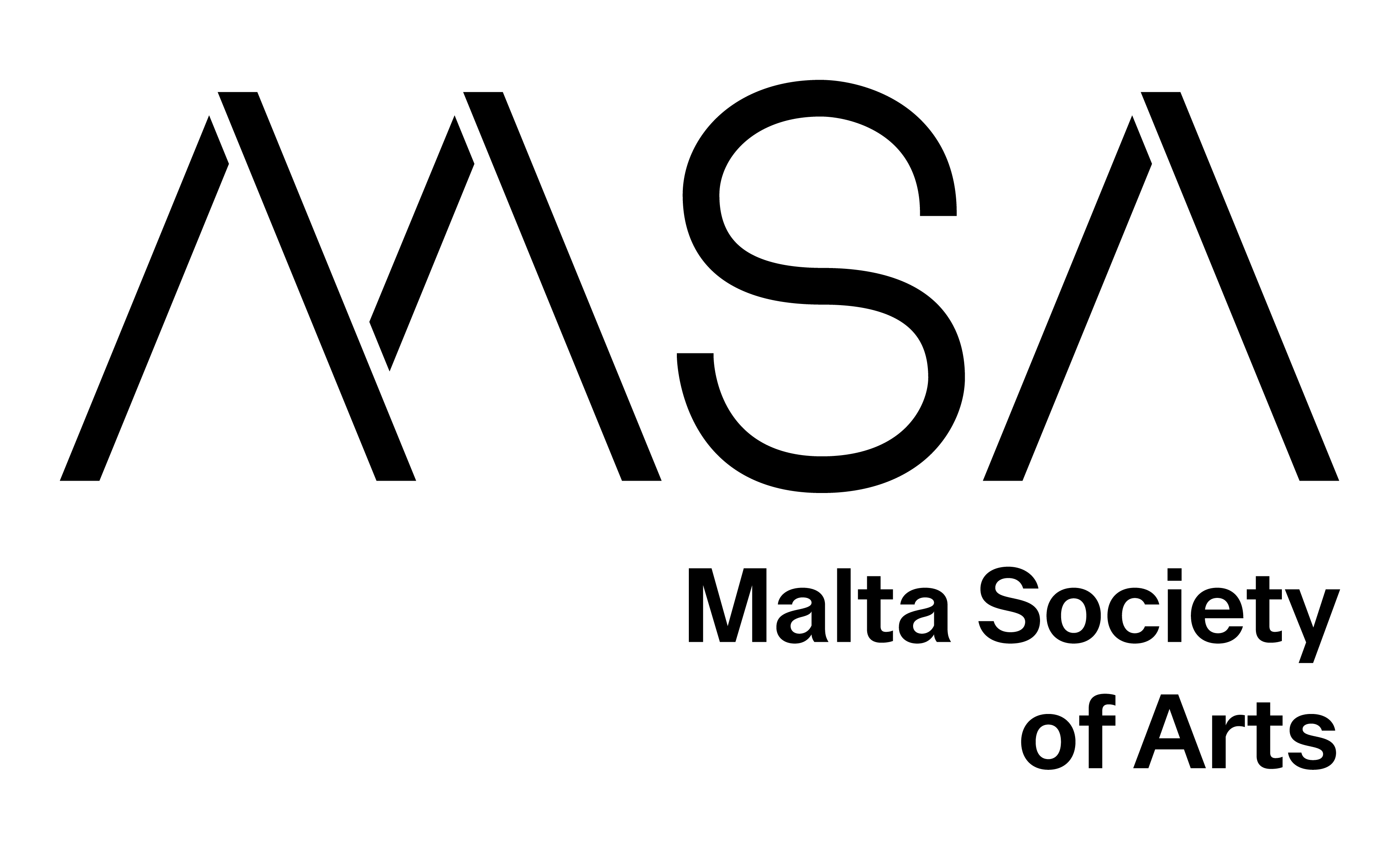"Body Is Reality," proclaims David Cronenberg in "Crimes of the Future" (2022), a film about a not-so-distant future in which humankind is adapting through transformations and mutations to a new synthetic environment, and a performance artist, Saul Tenser, is transmuting his own body into a spectacle while surgically removing new, unknown organs that grow uncontrollably in him. Cronenberg's science fiction, body horror, cyberpunk cinema, which presents indicative examples such as "Videodrome" (1983), "Crash" (1996), and "Existenz" (1999), has demonstrated an intertemporal interest in the interweaving of the human body with technology and the sociopsychological conditions that host such a hybridized form of augmented existence. In "Crimes of the Future", humans have evolved to the point of feeling no pain. On the other hand, Saul, the film's protagonist, feels too much pain and depends on state-of-the-art organic technology devices to help him eat and sleep. He only feels pleasure during the live surgeries he performs on his own body with the help of his assistant, Caprice. Hence, this paper explores how techno-sexuality in "Crimes of the Future" provides a framework for Cronenberg's investigation of "what it means to be an artist" in a time when acceptance and adjustment are crucial to existence. For this purpose, selected scenes from the film are read, conceptually and aesthetically, to understand Cronenberg's cinematic portrait of an artist who is intertextually bound to real-life body artists such as Orlan, Stelarc, and Pyotr Pavlensky.
Despina Poulou is an Assistant Professor at the Department of Cultural Technology and Communication of the University of the Aegean in the subject "Culture and Digital Audiovisual Arts." Her research interests lie in film theory and aesthetics, with an emphasis on issues concerning the philosophy of film and philosophy in film. As of late, her research focuses on issues of intertextuality and intermediality, particularly on the conversation between literature and film. In journals and conferences, she has presented papers exploring aspects of cinema's interrelations with philosophy, literature, and painting.
Back







